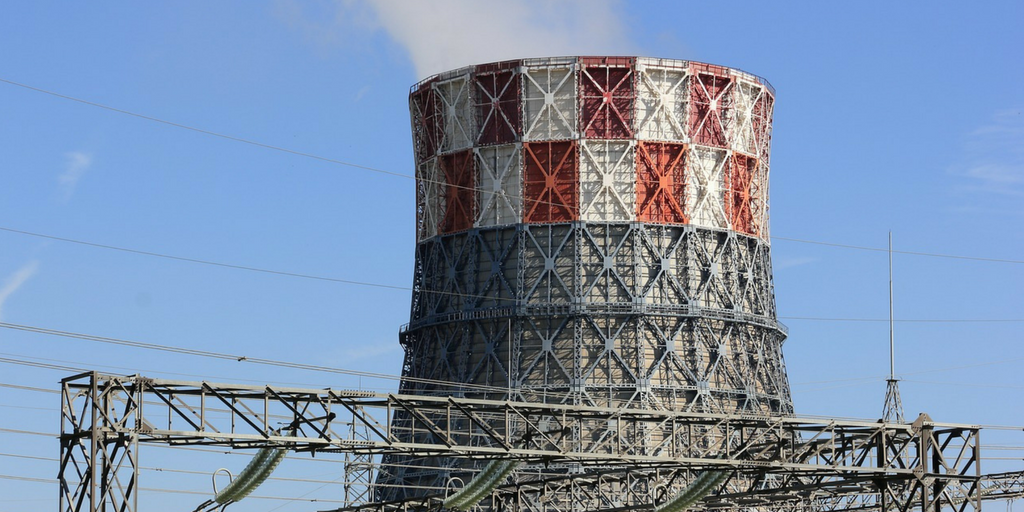Gacko II, Bosnia and Herzegovina
The Republika Srpska government plans to build a new 350 MW lignite power plant in Gacko, near the town’s existing plant. After years of stagnation, in August 2022 it was reported that the Czech company Witkowitz was considering investing in the project.

Stay informed
We closely follow international public finance and bring critical updates from the ground.
Background
In December 2017, a Memorandum of Understanding was signed between state-owned utility Elektroprivreda Republike Srpske, the China Machinery and Engineering Corporation (CMEC) and Emerging Markets Power Fund, to build a new 350 MW lignite power plant in Gacko, near the town’s existing plant. After years of stagnation, in August 2022 it was reported that the Czech company Witkowitz was considering investing in the project. However, it is still unclear where financing would come from.
As is too often the case in southeast Europe, there has been no convincing analysis proving that this plant is needed or that it would be the best way to provide Bosnia-Herzegovina’s energy supply in the coming years.
In April 2018 an analysis by economist Damir Miljević showed that fatal flaws in the input data make it highly likely the plant will generate losses. Three out of the main data inputs for the official feasibility study – the price of coal, electricity sales price, and the price of CO2 – are unrealistic:
- A realistic price of coal is mentioned in the study as just over EUR 18 per tonne – yet the amount used in the calculation is much lower, around EUR 13.3 per tonne.
- The Study foresees export of all the electricity generated, at a price of EUR 50 per MWh, except in exceptional cases when 30% would be sold on the domestic market at EUR 19.90 per MWh. There no evidence that the electricity would find a market in the long term and that it could be sold at this price. Moreover, the scenario including 30% of electricity being sold domestically is not even examined in the calculation – if it was it would show that the plant is unprofitable.
- A CO2 price of EUR 5 per tonne is mentioned in the text, but not included in the feasibility calculation. Including even this very low CO2 price in the calculation would take the plant into the realm of unprofitability.
The analysis concludes that although the official feasibility study for Gacko II claims it would generate profit of around EUR 23 million per year, with more realistic input data, a loss of minimum EUR 1.15 million per year looks more likely.
By now the study is also very much out of date, and the impacts of the EU’s planned Carbon Border Adjustment Mechanism would need to be taken into account for any electricity planned for export.
A March 2023 study by IEEFA found that Gacko II would become a stranded asset under several scenarios, even with generous assumptions that favour lignite generation, and that financing for the project is uncertain. The study also found that investing in onshore wind and utility-scale solar PV would offer safer and improving returns, quicker construction and cleaner power, as well as better access to financing.
In October 2023, an environmental impact assessment process began for the project, but as of December 2024, it has not yet been completed.
Latest news
Marubeni, hands off Plomin!
Blog entry | 28 October, 2014As Marubeni executive Hiroshi Tachigami attended today’s Energy Market Conference in Zagreb this morning, Greenpeace activists hung a banner from the Vatroslav Lisinski concert hall in Zagreb, advising Marubeni to keep its hands off the Plomin C coal power plant project.
Read moreSlovenia coal fraud charges serve as warning for other Balkan countries, say NGOs
Press release | 15 October, 2014Ljubljana, Slovenia: Slovenian police yesterday reported that ten people had been charged with fraud in relation to the beleaguered Sostanj 6 lignite power plant project, causing a suspected EUR 284 million in financial harm to Slovene electricity consumers. The charges serve as a new warning to decision-makers across the Western Balkans to closely scrutinise coal power plant projects planned across the region if the mistakes made in the Sostanj 6 project in Slovenia are not to be repeated, warned several NGOs today.
Read moreFalse Data in EIA for New Bosnian and Herzegovinian Power Plant Ugljevik III
Bankwatch in the media | 8 October, 2014http://www.energetika.net/eu/novice/clanki/false-data-in-eia-for-new-bosnian-and-herzegovinian-power-pl?utm_source=en.news
Read moreRelated publications
Beyond the scoreboard: Energy sector transformation under the Reform and Growth Facility for the Western Balkans
Report | 5 December, 2025 | Download PDFThis analysis offers an overview of the energy-related reforms from Albania, Kosovo, Montenegro, North Macedonia and Serbia and then evaluates the countries’ progress.
A perfect storm: The Western Balkans power sector in the time of CBAM
Report | 29 October, 2025 | Download PDFStarting with the EU’s Carbon Border Adjustment Mechanism (CBAM) full implementation in January 2026, most electricity generation companies in the Western Balkans will be heavily affected.
Comply or Close 2025: Seven years of deadly legal breaches by Western Balkan coal plants
Report | 17 June, 2025 | Download PDFThe end of 2024 marked seven years since the deadline passed for power plants in the Western Balkans to meet new air pollution standards.
